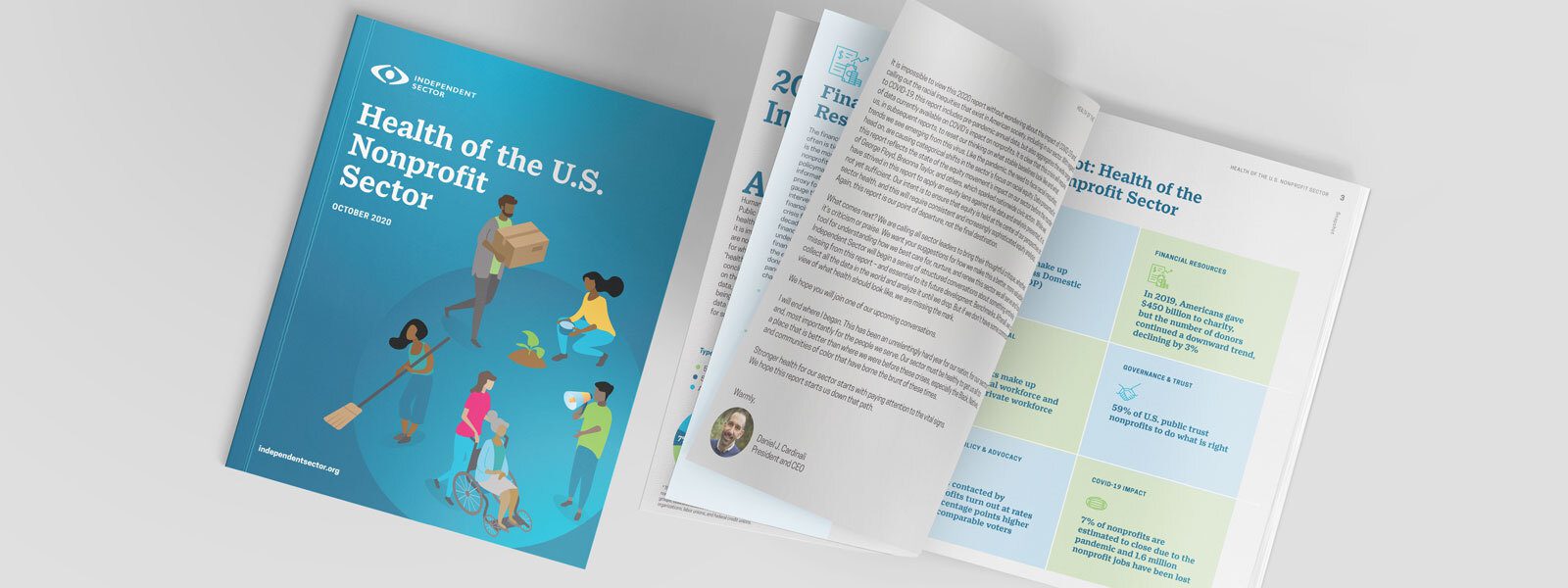Keeping It Ethical is our weekly blog series highlighting the 33 Principles for Good Governance and Ethical Practice. Throughout the series, we hope to highlight the importance of each Principle and the helpful resources associated with it and learn more from you about how you’ve incorporated these Principles into your charitable organization.
Remember that saying – virtue is its own reward? Well, sometimes there is more to it than virtue or at least the federal government sure thinks so. Most donors give to a nonprofit because they are passionate about that organization’s work, but for some Americans the amount they are willing to give may increase if they are able to take advantage of the charitable deduction when filing their taxes. It’s a win for the donor and certainly a win for the nonprofit.
Principle 29 reminds us to ensure that nonprofits are properly upholding this important giving incentive. Simply put, law dictates that a charitable organization must properly document and acknowledge contributions ensuring the donor has the necessary information to comply with IRS tax laws. Obviously, this process is the legal requirement, but it’s also vital towards building a rapport with your donor base. In short, make sure you have a consistent process of acknowledging contributions in an efficient and timely way.
There are a ton of specifics when it comes to acknowledging specific contributions. The basics are that a person claiming a tax deduction needs to have written documentation of any gift that is $250 or more, and charitable organizations need to make a good faith estimate of the value of any goods or services rendered in exchange for a contribution of more than $75. Like most tax-related things – there are exceptions and specifics. Here are some super fun and exciting publications from the IRS to help you through the tough stuff:
- Publication 526, provides guidance on claiming a deduction for charitable contributions
- Publication 1771, provide guidance on substantiation and disclosure requirements
Acknowledging non-cash contribution is tricky – so please consult a legal professional to make sure you have a compliant process in place. After all, folks contribute all types of stuff: land, art, cars, babies? Please be sure to alert your donors about rules related to substantiating claims and encourage them to consult a professional when needed so their claims are compliant.
Tax deductions are a huge responsibility for nonprofits and one that’s critical for the success of your organization.
We’ll leave you with some other best practices when sending a charitable contribution acknowledgment to your donor:
- Say thank you!
- Make sure that information on the organization is readily available
- Allow them a way of staying in touch, like a newsletter, so they can see how their donations are driving impact
- Provide an option for the donor to “opt out” of receiving communications and especially ensure they have a way to indicate they don’t want their information to be shared outside of the organization (We’ll talk about this again because donor privacy is everything.)
Learn more about Principle 29 and the associated resources.
If you’ve got additional resources that support Principle 29, please share them or any other thoughts in the comments below, or use #npethics on social media.



